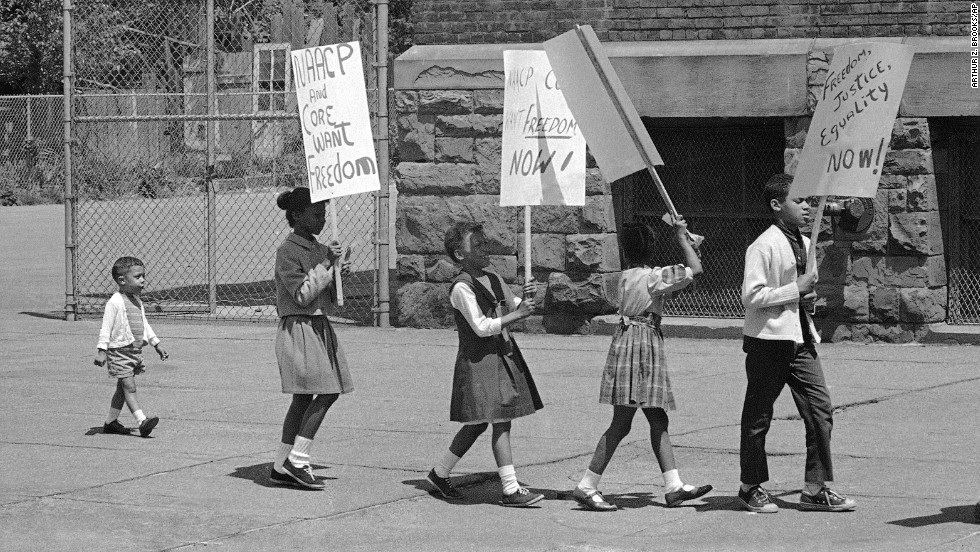
Black children were at the forefront of the 20th century civil rights struggle.
Black children are under assault in America. They are being overrun by gun violence and police brutality. Black children face hostility in their schools and communities, and are challenged to construct some semblance of normalcy in a society that treats them as disposable. This is the hard truth of being a Black child in America, no matter your economic status, zip code in which you live or the pedigree of your parents. The question must now be called on what Black adults are willing to do to change the experiences of Black children and remove obstacles for their emancipation. The starting point might be affirming the humanity of Black children through a Bill of Rights.
Black Children’s Bill of Rights
Black children have the right to express their opinions, and to exercise all the constitutional rights afforded citizens of the United States.
Black children have the right to exist and mature in safe neighborhoods, free of gun violence and sexual exploitation.
Black children have the right to live in decent housing, structurally safe and free of chemical toxins.
Black children have the right to a safe home environment, free of physical and emotional violence.
Black children have a right to quality and affordable health care, medical advice that promotes wellness and healthy living, and access to medical practitioners who exercise compassion and diligence in the delivery of care.
Black children have a right to healthy foods that sustain wellness, deter chronic illnesses and facilitates healthy physical and emotional development.
Black children have the right to a quality education, equivalent to their white peers, and under the instruction of excellent teachers who are expert in their subject-matter.
Black children have the right to be treated with respect inside the school building and to be unburdened by the threat of disciplinary penalties in excess of those given to their white peers.
Black children have the right to embrace their culture, to express pride in their ancestry through their attire and physical appearance, to have their names respected, and to demand their history is treated with respect in their schools and community.
Black children have the right to attend schools that receive funding that creates the conditions for an excellent educational experience. In many cases this means funding at levels that exceed neighboring predominantly white and more affluent school districts.
Black children have the right of mobility, without fear of being targeted and harassed by law enforcement agents, no matter the neighborhood our children live in or visit.
Black children have the right to be free from racial hostility, acts of racially motivated violence and bigotry.
Black children have the right to be children, to explore their identities, to make the common mistakes of adolescence, to learn from those mistakes and not be unfairly penalized by them, to not have adult responsibilities or expectations hoisted upon them, and to be embraced in their uniqueness.
Black children have a right to a future in which they will enjoy all of the rights, privileges and opportunities of citizenship as prescribed in our nation’s founding documents and created by our nation’s economic system.
As Black adults, we affirm these rights and commit to upholding them in our respective communities, and fight for and establish them as principles by which this nation will treat our children.
Walter Fields is Executive Editor of NorthStarNews.com.












